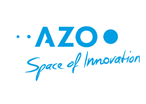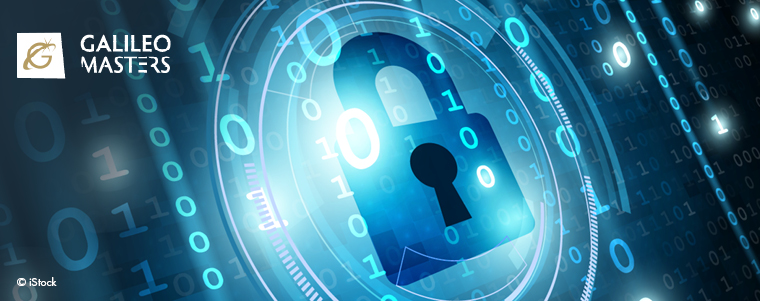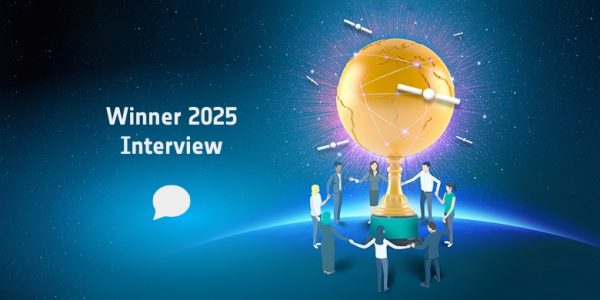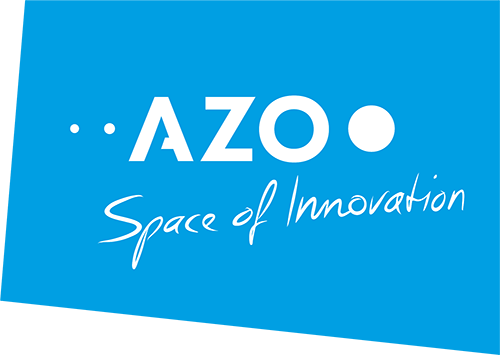Michael Turner, the 2018 Galileo Masters double winner of the DLR and UK Challenge, created a solution that uses algorithms to detect spoofing and other impairments. His product improves the signal quality received with an amount of 250,000 correlation points for every visible satellite in comparison to just three correlation points for most receivers now.
Ines Kühnert (IK), Galileo Masters Project Manager, interviews Michael Turner from Airbus.
IK: Please give us a sneak peek of your product and the team behind it.
MT: As described in the introduction, our receiver uses new techniques to provide increased resilience to jamming, multipath and spoofing attacks and in most cases can detect these issues before they can impact receiver performance. Following on from the demonstrator units, we are now focused on upgrading the software/firmware to realise a marketable product. Since the Galileo Masters Awards Ceremony, we have substantially increased the team size and are actively working with a number of partners, including DLR, to realise a receiver that can support independent field trials.
IK: What has been your company’s biggest challenge so far?
MT: Since we were announced as a Galileo Masters award winner, there has been significant interest in our project. Currently our biggest challenge is to achieve the development schedule we have set ourselves to produce a final product.
IK: How and when did the idea for your solution emerge?
MT: The algorithms necessary for the implementation of this receiver in a practical form were developed and refined over several years, supported both by contracts with the Innovate UK organisation and with the support of Airbus R&D funding.
IK: What convinced you to enter the DLR challenge with your business case?
MT: The Galileo Masters DLR Challenge was a good fitted with one of our proposed first receiver use cases, which was looking at its use for UAVs.
IK: How do you think to benefit from the DLR support?
MT: The support kindly provided by DLR will allow our project to take benefit from their significant academic knowledge and capabilities in this area and hopefully enable us to gain further insight into potential future enhancements from their wider research activities.
IK: How did the Galileo Masters help to boost your business case?
MT: Fundamentally from the publicity that comes from winning this prestigious Galileo Masters award – information about what we are doing that has reached relevant players in the GNSS sector, who are expressing much interest in the capabilities our new receiver has to offer.
IK: Let’s reach for the stars – what do you plan for your business case in the future?
MT: For commercial reasons we can’t give too many details about our future plans, but suffice to say we can see a great potential for our product and its derivatives.
Did you enjoy this interview with this outstanding innovator? Stay tuned for upcoming interviews with Galileo Masters innovators on our AZO Blog.




